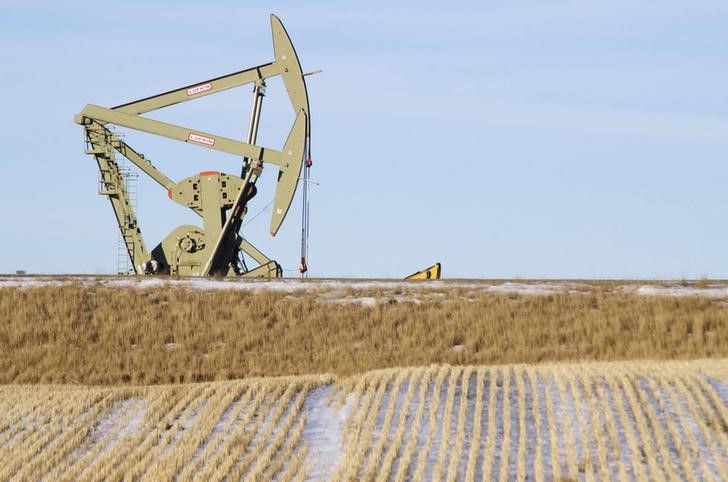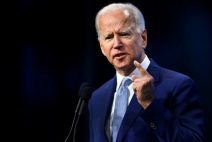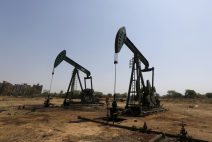Benchmark Brent oil climbed above $100 a barrel after Saudi Arabia suggested this week that OPEC could consider cutting output in response to poor liquidity in the crude futures market and fears about a global economic downturn.
for October settlement traded up $1.07, or 1.1%, at $101.29 a barrel by 1158 GMT. was up 99 cents, or 1.1%, at $94.73.
Contracts for both crudes soared on Tuesday and touched three-week highs on Wednesday after Saudi Energy Minister Prince Abdulaziz bin Salman flagged the possibility of cutting production.
Sources at the Organization of the Petroleum Exporting Countries (OPEC) later told Reuters that any cuts by the producer group and its allies, known collectively as OPEC+, are likely to coincide with a return of Iranian oil to the market should Tehran secure a nuclear deal with world powers.
A U.S. official on Monday said that Iran had dropped some of its main demands in negotiations to resurrect a deal to rein in Tehran's nuclear programme.
OPEC+ is already producing 2.9 million barrels per day less than its target, sources said, complicating any decision on cuts or how to calculate the baseline for an output reduction.
"The oil price and supply outlook suggest that an OPEC+ cut is not currently warranted," PVM analyst Stephen Brennock said.
"Global oil supply could take a hit as peak U.S. hurricane season approaches. Elsewhere, future supply outages in Libya cannot be discounted while Nigeria's oil fortunes show little sign of improving."
Commodity broker Marex also pointed to strong demand on the back of restocking ahead of winter and industry switching from gas to oil in the face of soaring gas prices.
U.S. crude stockpiles fell by about 5.6 million barrels for the week ended Aug. 19, said market sources citing American Petroleum Institute figures. Analysts had estimated a drop of 900,000 barrels in a Reuters poll.



















